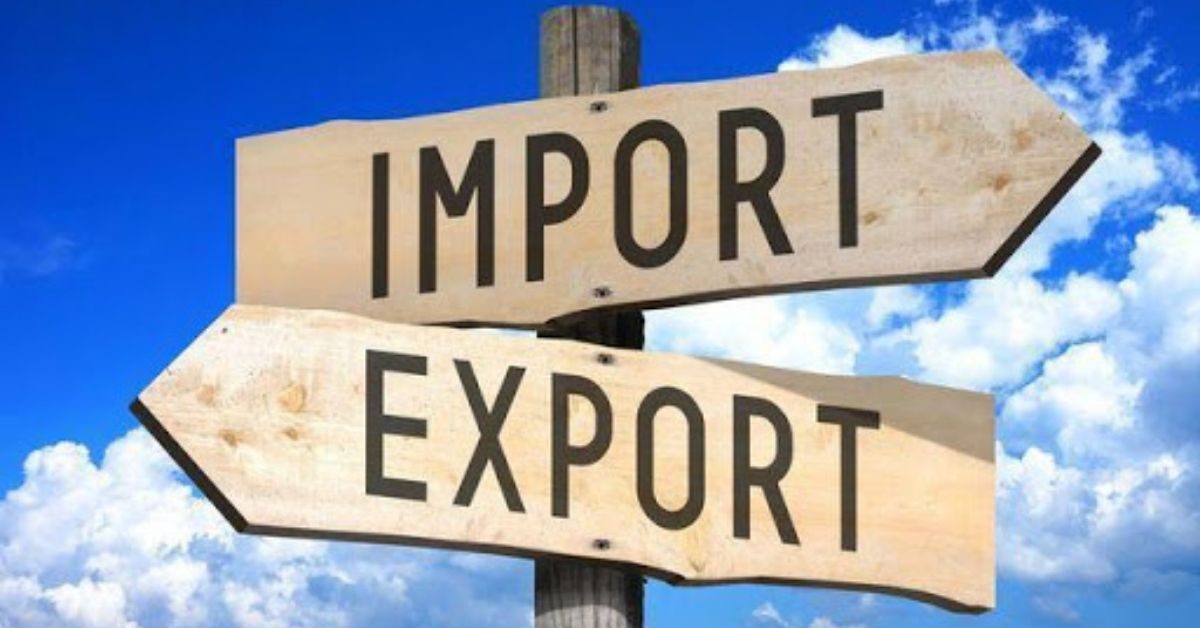The government is to ease import restrictions on several product categories required to manufacture value-added and export-based products for the export market while retaining the ban on vehicle and non-essential imports, according to a high-level decision.
Necessary guidelines have been issued and the Central Bank should facilitate the import of essential commodities like fuel, food items and other categories needed for the manufacture of export-oriented products, according to new import guidelines issued by Presidential Secretary Dr. P.B. Jayasundera.
In a circular, Dr. .Jayasundera has directed to revise the temporary import controls as an important interim measure to tackle difficulties of COVID-19.
The regulation is flexible for import of raw materials or local value addition, and export processing, while others are allowed on a restricted basis.
Clearance procedures have been eased to allow imported goods with credit periods shorter than 180 days, a senior official of Department of Imports and Exports Control divulged adding that several other controls will also be relaxed.
Certain imported items like freezer trucks, televisions, and auto spare parts are allowed with less import controls but with some restraints, he disclosed. Import of agriculture produce is to be restricted except for items which are subjected to the Special Commodity Levy (SCL).
The ban on ethanol imports will continue and the import of palm oil will be restricted while allowing high quality coconut oil imports under the SCL.
Import of required raw materials for the manufacture of cement, steel, plastic and ceramics will be continued subject to standard duty, Cess, under credit arrangements. Bulk import of cement will be subjected to specific duties to encourage local value addition, according to the guidelines.
Local import substitution industries, such as cement, steel, furniture, ceramics and other products needed for the construction industry will be encouraged under the new guidelines.
The Central Bank has been directed to take necessary measures as a regulator as well as a facilitator considering difficulties faced by importers and exporters, Treasury sources revealed.
Meanwhile the Ceylon Chamber of Commerce has brought to the notice of the Controller General of the Department the difficulties and grievances faced by importers in opening LCs due to a shortage of foreign exchange, the sources said.
In a letter to the Treasury, importers have urged to consider shipments in transit, prioritise the shipments already arrived at Colombo Port and grant approvals urgently as delayed clearance of cargo incurs demurrage continuously.
The letter also sought to consider releasing delivery orders on bank indemnity pending reference to load port/shipper as they may be unavailable to respond promptly resulting in delays in clearing cargo.
On the same lines, they requested to consider releasing delivery orders pending settlement of charges due to the inability of many companies to process cheques or payments on time and also waive storage charges and rent levied from shipping lines, consignees, importers and exporters.
Source: Sunday Times







